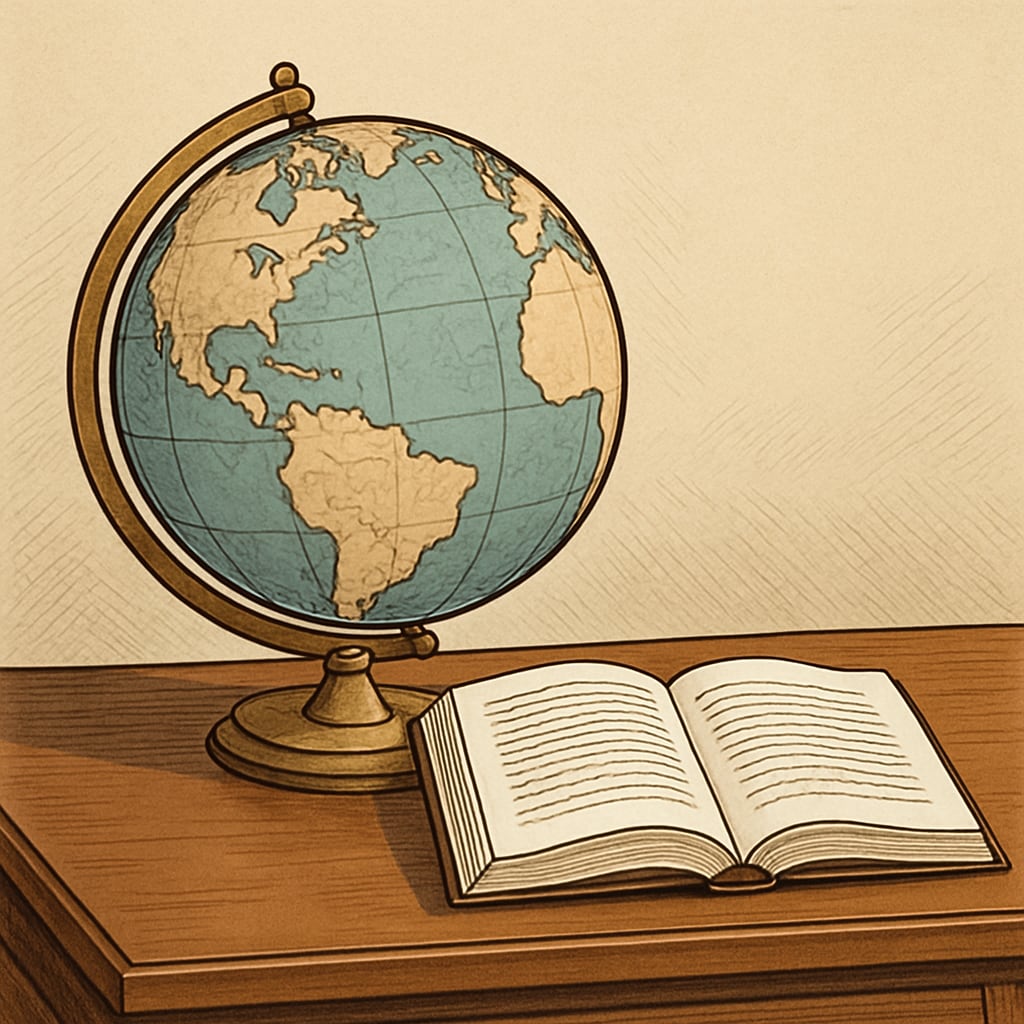For adults who never completed their foundational education, the journey back to learning can seem overwhelming. Imagine being 25 years old with only a first-grade education—this scenario highlights the challenges of adult learners seeking to rebuild their knowledge. However, with the right resources and strategies, adults can successfully restart their educational journeys. This article explores practical steps for adults to overcome gaps in basic education, from self-study methods to tackling subjects like world history, creating a roadmap for lifelong learning.
Why Restarting Education Matters
Education is not just about acquiring knowledge; it is the foundation for personal growth, career opportunities, and social mobility. For adults who missed out on basic education, the consequences can be limiting. However, the good news is that education is always accessible, regardless of age. Restarting education as an adult provides a second chance to achieve personal goals and unlock new possibilities.
For example, learning foundational subjects such as reading, writing, mathematics, and world history can improve critical thinking, communication, and decision-making skills. These subjects form the building blocks that lead to advanced learning opportunities in various fields.

Strategies for Self-Study: A Step-by-Step Approach
Self-study is a powerful tool for adult learners, especially when formal schooling is not an immediate option. Here’s a systematic, step-by-step approach to help adults begin:
- Assess Your Current Skills: Identify which areas require improvement, such as literacy, numeracy, or general knowledge.
- Set Achievable Goals: Break down your learning objectives into manageable steps. For instance, aim to master basic arithmetic before tackling algebra.
- Use Reliable Resources: Leverage free or low-cost resources like Khan Academy for math and science or Coursera for broader topics.
- Create a Study Schedule: Dedicate specific times each day for consistent learning, even if it’s just 30 minutes.
- Seek Community Support: Join local literacy programs, online forums, or study groups to stay motivated.
By following these steps, adult learners can build confidence and gradually achieve their educational goals.
Exploring World History: A Key Subject for Adults
World history is a vital subject that provides context about the human experience, cultural diversity, and global interconnectivity. For adult learners, understanding history can enhance their perspective on current events and foster critical thinking skills.
Here are a few accessible ways to study world history:
- Documentaries and Podcasts: Watch educational series like “The History of the World” or listen to history-themed podcasts.
- Books for Beginners: Start with simplified history books, such as “A Short History of Nearly Everything” by Bill Bryson.
- Interactive Tools: Use apps like Duolingo for language learning linked to specific historical contexts.
These methods make studying history engaging and accessible, even for those starting from scratch.

The Role of Technology in Adult Learning
Technology has revolutionized education, making it more accessible than ever before. Online platforms, mobile apps, and digital libraries are invaluable tools for adult learners. For instance, websites like Wikipedia offer free, comprehensive information on nearly every subject.
Additionally, many platforms now provide interactive learning experiences, such as gamified quizzes and progress tracking features. These tools help maintain engagement and measure improvement over time.
Overcoming Common Obstacles
Adult learners often face unique challenges, including time constraints, financial limitations, and a lack of confidence. Here are some tips to overcome these obstacles:
- Time Management: Design a flexible schedule that fits around work or family commitments.
- Affordable Resources: Utilize free online courses, public libraries, and community programs.
- Building Confidence: Start with small, achievable tasks to gain momentum and celebrate progress.
By addressing these challenges head-on, adult learners can maintain their motivation and focus.
Conclusion: Embracing Lifelong Learning
Restarting education as an adult is not just about filling gaps in knowledge—it’s about embracing lifelong learning. With a systematic approach, the right resources, and a commitment to personal growth, adults can achieve their educational goals. Whether it’s mastering basic literacy, exploring world history, or pursuing new career opportunities, the journey is always worth taking.
Remember, it’s never too late to learn. The key is to take the first step and remain consistent. The world of knowledge awaits!


